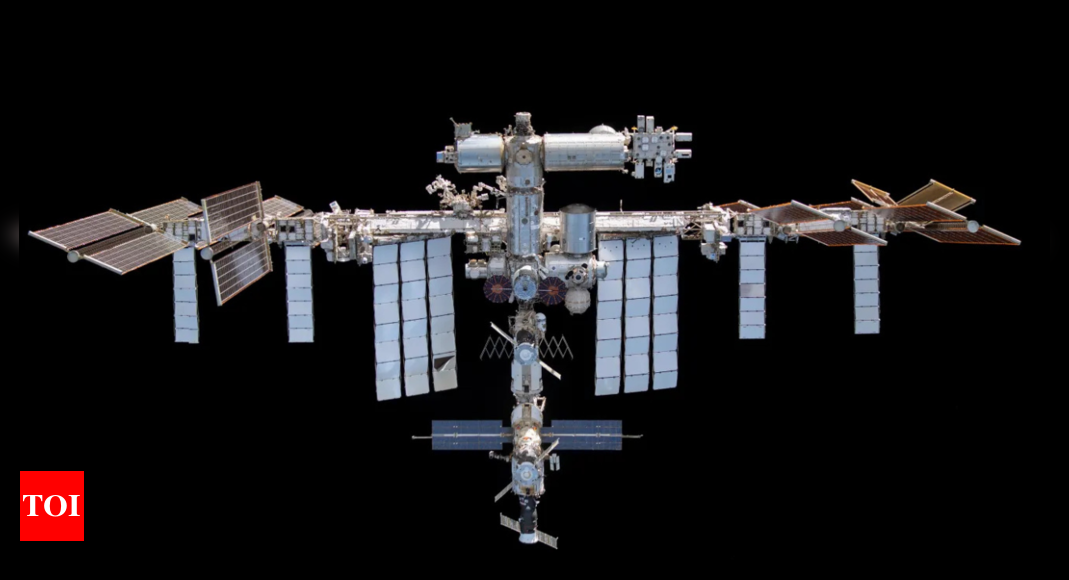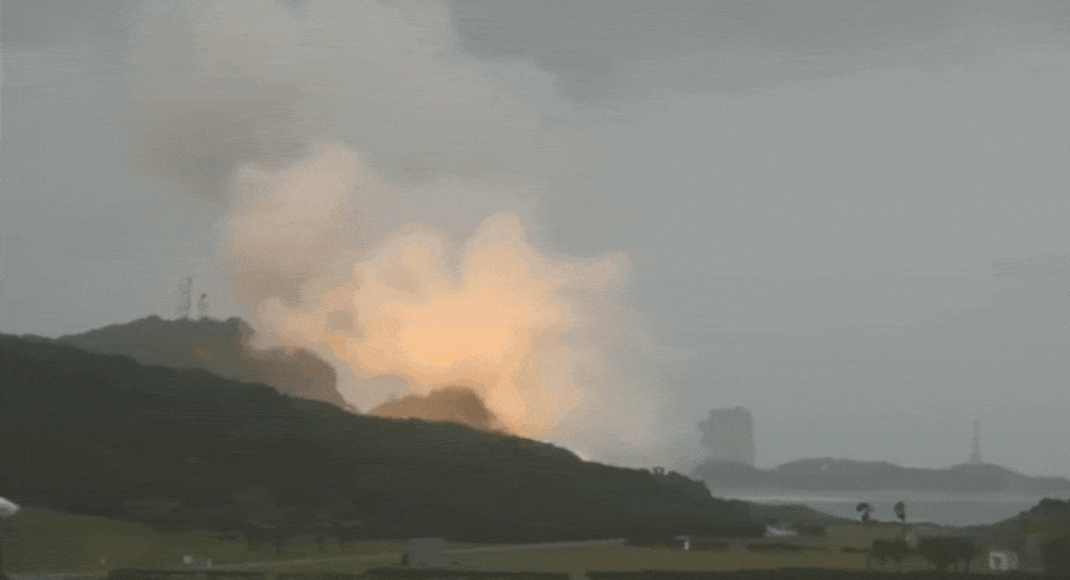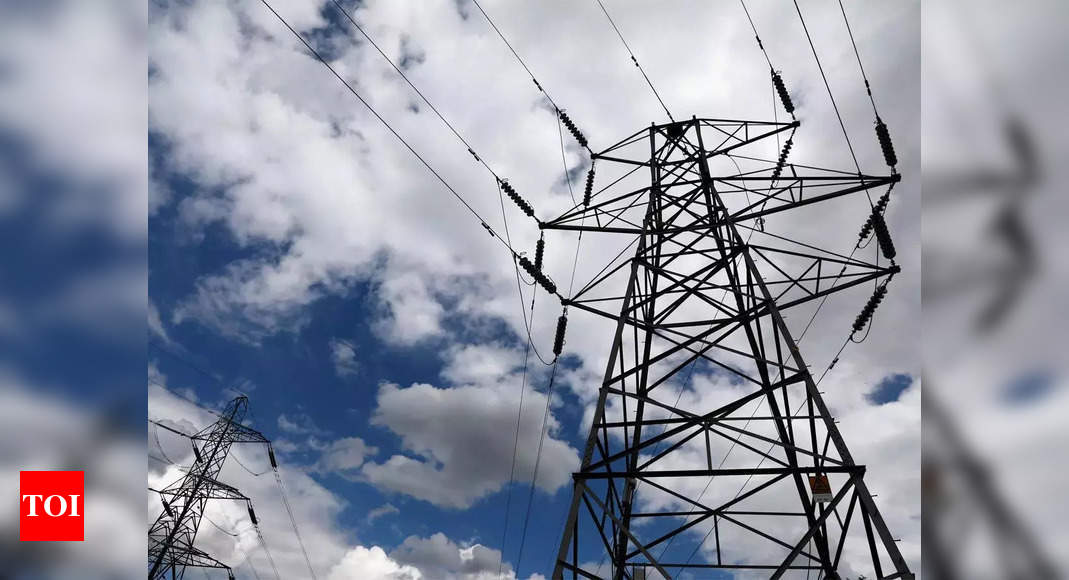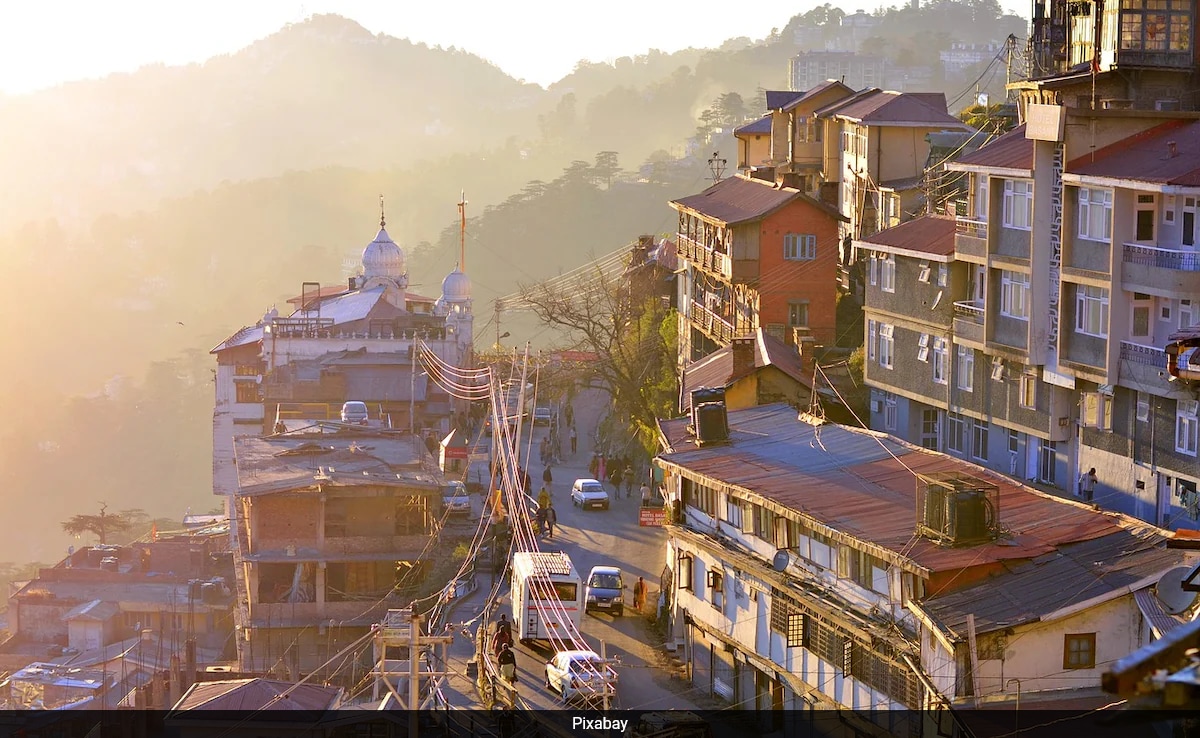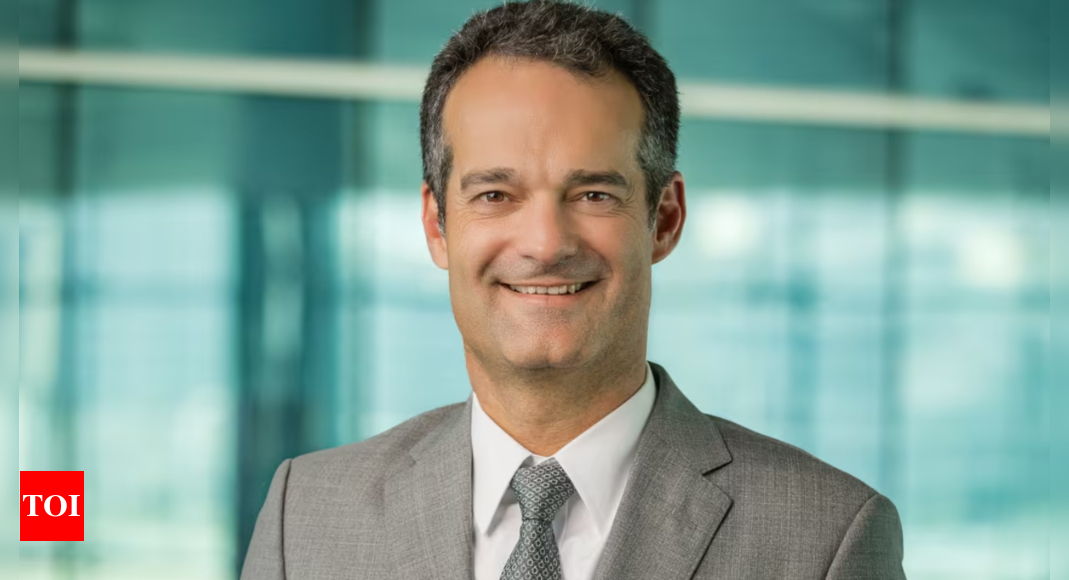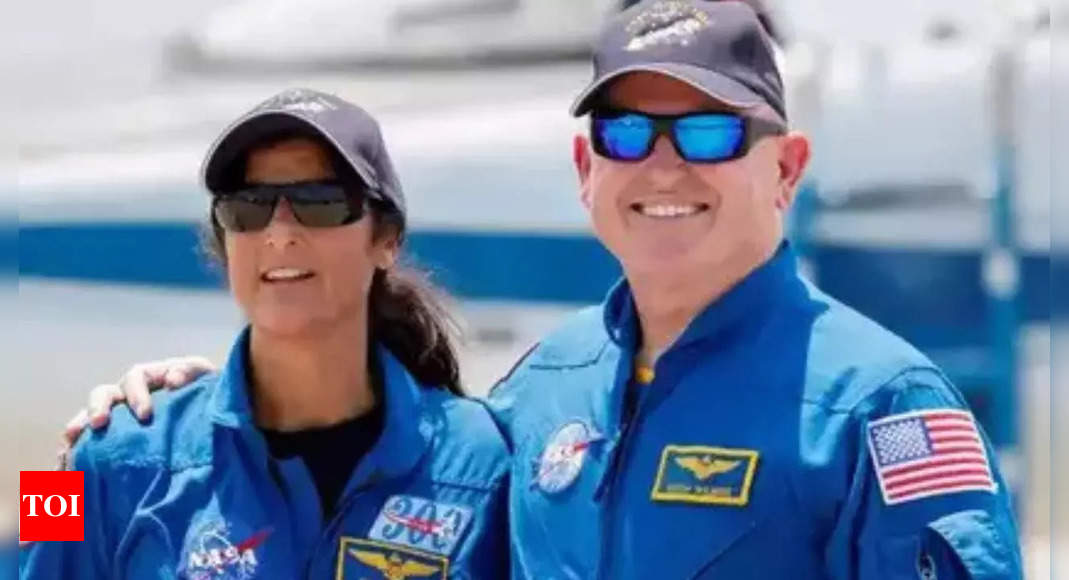
On November 23, astronauts aboard the International Space Station (ISS), led by Commander Sunita Williams, responded swiftly after Russian cosmonauts detected a strange “toxic” smell when opening the hatch of the Progress MS-29 cargo spacecraft. The Progress MS-29 spacecraft, which was uncrewed, had docked with the ISS’s Poisk module earlier that day, bringing essential supplies like food and fuel. However, as the cosmonauts opened the hatch, they noticed an unusual odor and small droplets inside the spacecraft, prompting immediate action to contain the potential hazard.
Sunita Williams and ISS crew take swift action to contain toxic smell and ensure safety
The crew quickly sealed off the Poisk module by closing the hatch, isolating the affected area from the rest of the ISS. Both NASA and Roscosmos acted quickly, initiating air-scrubbing systems across the station to purify the air. The U.S. segment employed the Trace Contaminant Control Subassembly (TCCS), while Russian segments used their own purification equipment. To ensure safety, crew members wore personal protective equipment (PPE) while monitoring air quality. These quick measures allowed the crew to maintain safety and continue with their operations.
By November 24, NASA flight controllers confirmed that the air quality aboard the ISS had returned to normal. The agency assured the public that no safety risks remained for the crew, and operations continued as planned. Despite resolving the issue, the exact cause of the smell remains unclear. Investigations are ongoing to determine whether the odor originated from the Progress spacecraft itself or from the vestibule connecting it to the ISS.
The Progress MS-29 spacecraft had launched on November 21 from the Baikonur Cosmodrome, carrying routine supplies. It will remain docked to the ISS for six months before returning to Earth with waste materials. The incident highlights the unpredictable challenges faced by astronauts aboard the ISS, especially as they rely on complex systems for survival and support.
Ongoing challenges for stranded ISS astronauts
This event comes amid ongoing challenges for astronauts aboard the ISS, particularly NASA astronauts Sunita Williams and Butch Wilmore, who have been stranded on the station since June due to delays with the Boeing Starliner spacecraft. As a result, they have been living on strict rations, including recycled water from sweat and urine. Their rescue mission, set to use a SpaceX Dragon capsule, is not scheduled until early 2025.
Despite the unsettling smell and subsequent alarm, the swift response from the ISS crew and mission controllers ensured that operations were not disrupted, underscoring the resilience and efficiency of the astronauts and ground teams in managing unexpected challenges at the ISS, located 254 miles above Earth.
Also Read | Earth bids farewell to its temporary ‘mini moon’ that could be a chunk of the Moon


